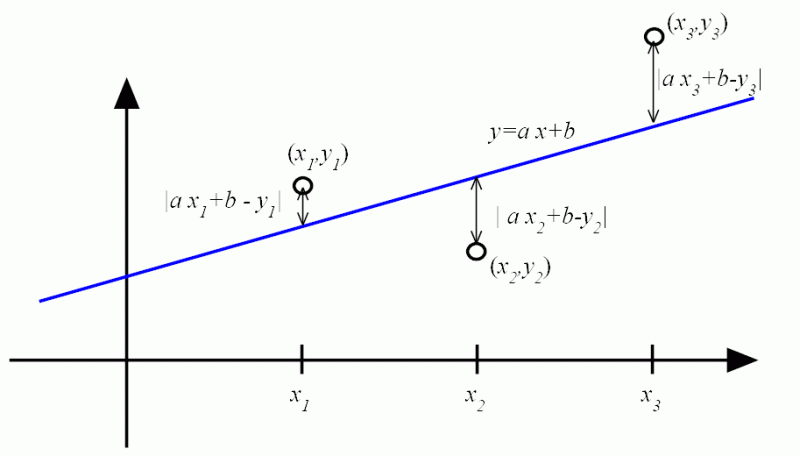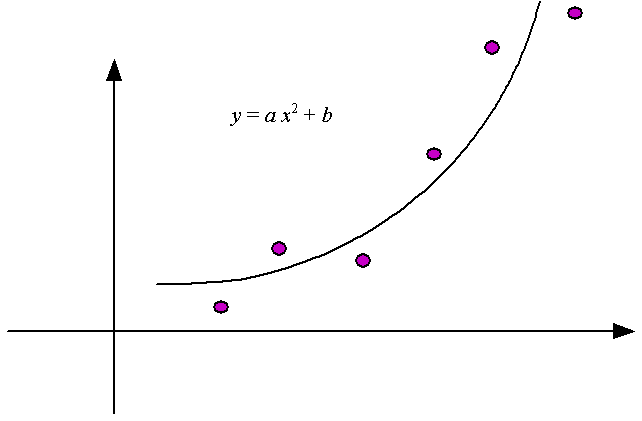/* Computes the average and the standard deviation of 100 data points. */
#include <stdio.h>
#include <math.h>
#define N 100
int main()
{
float a[N]={0.974742, 0.0982212, 0.578671, 0.717988, 0.881543, 0.0771773, 0.910513,
0.576627, 0.506879, 0.629856, 0.71646, 0.454598, 0.312042, 0.473764,
0.482425, 0.205726, 0.545685, 0.496812, 0.098855, 0.66501, 0.234723,
0.774508, 0.779933, 0.747837, 0.259982, 0.676287, 0.201261, 0.0298494,
0.378439, 0.599109, 0.290748, 0.453223, 0.87156, 0.969254, 0.574289,
0.998625, 0.559518, 0.49549, 0.091864, 0.792899, 0.0138333, 0.998678,
0.993009, 0.127889, 0.77911, 0.22417, 0.213076, 0.380052, 0.519128, 0.547883,
0.011815, 0.350202, 0.14069, 0.948774, 0.721067, 0.896979, 0.26913, 0.97952,
0.146778, 0.898354, 0.709611, 0.48403, 0.0549138, 0.105455, 0.695778,
0.485352, 0.0619048, 0.977566, 0.916668, 0.261182, 0.848828, 0.597515,
0.39754, 0.713299, 0.837013, 0.247313, 0.25685, 0.764525, 0.115947, 0.350333,
0.98772, 0.785004, 0.969169, 0.451979, 0.278109, 0.300974, 0.914255,
0.346524, 0.582331, 0.815621, 0.85235, 0.368957, 0.665663, 0.554439,
0.00352195, 0.771442, 0.268123, 0.84114, 0.166509, 0.52413};
float sum=0, average, var=0, sd;
int i;
for (i=0;i<N;i++) sum=sum+a[i];
average=sum/N;
for (i=0;i<N;i++) var=var+pow( a[i]-average, 2);
sd=sqrt(var/(N-1.0));
printf("Average= %f S.D.=%f\n", average, sd);
return 0;
}
| 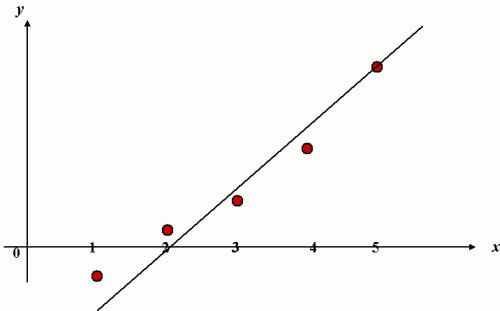



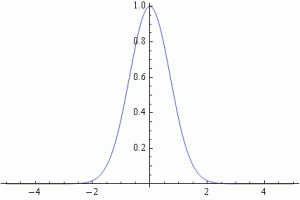
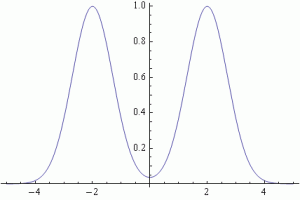 The average of a statistical population,
{x1, x2, x3, …xn}, is the arithmetic average
defined as
The average of a statistical population,
{x1, x2, x3, …xn}, is the arithmetic average
defined as

